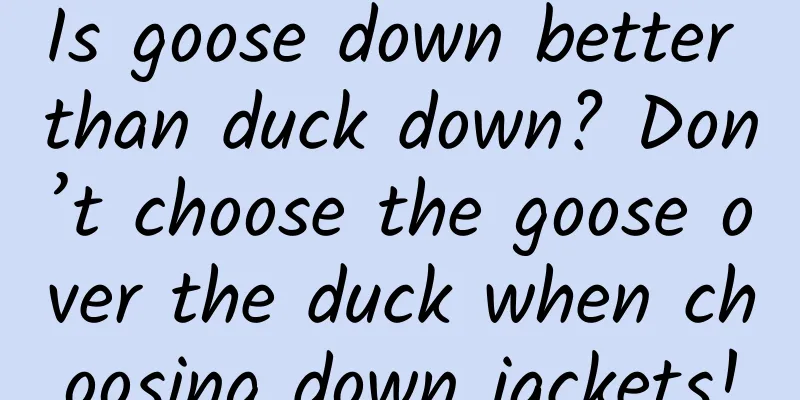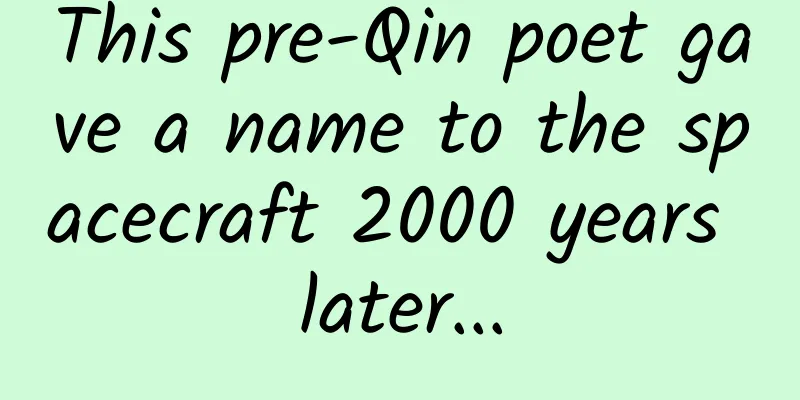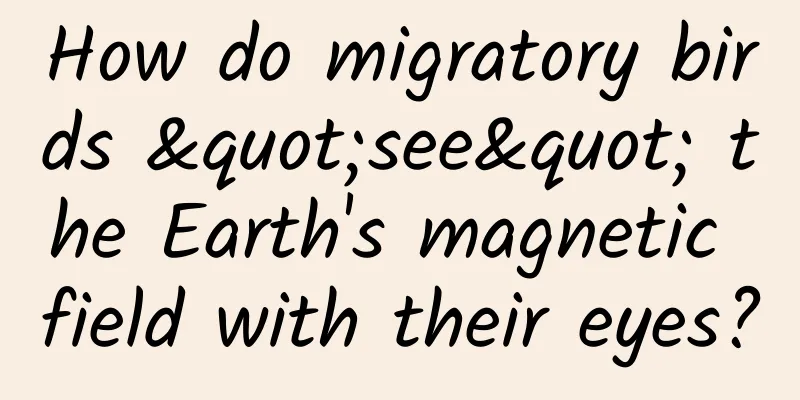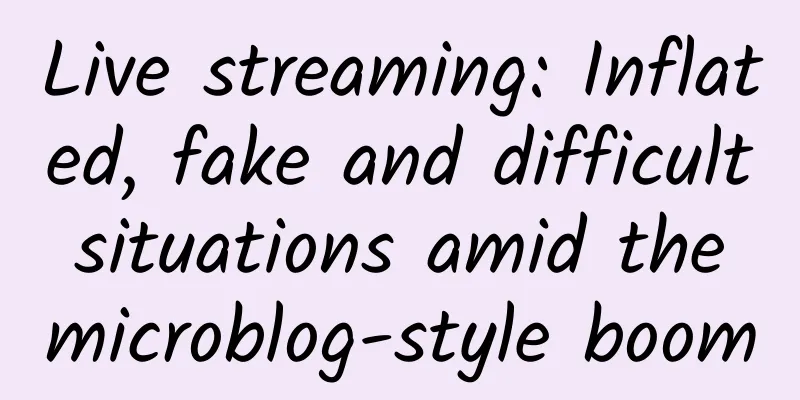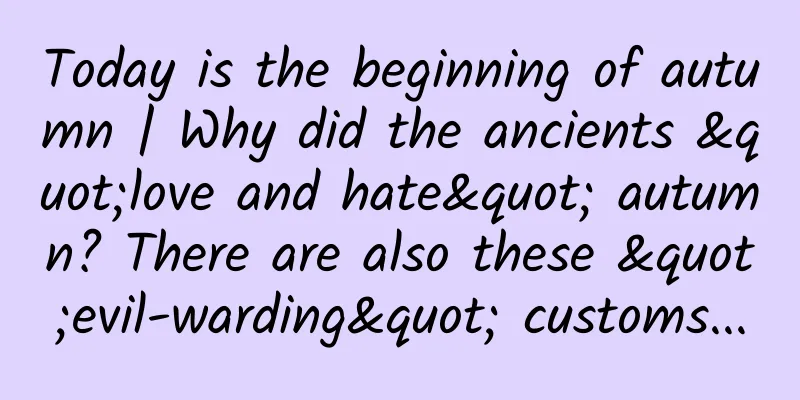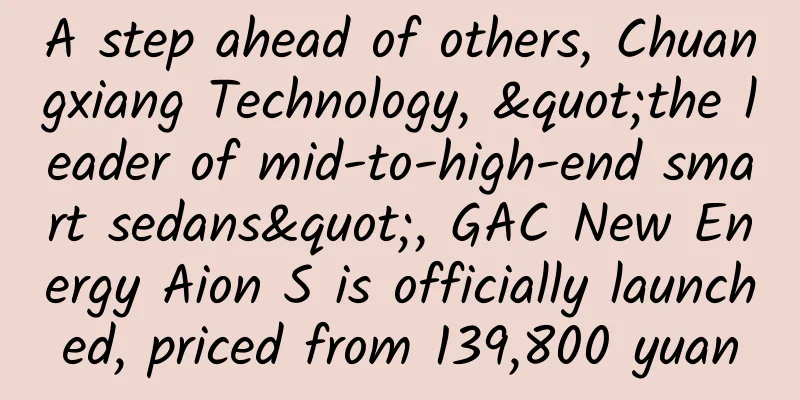The role of fear
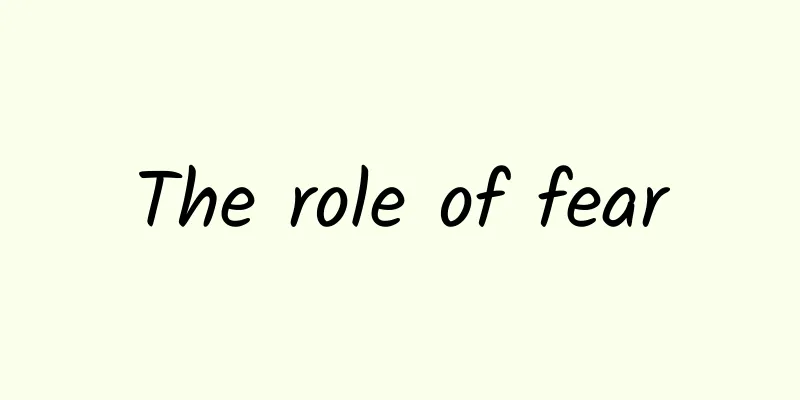
|
Detail of August Macke's Farewell. © Wikipedia Leviathan Press: The basis of evolutionary psychology is that we all have two basic evolutionary tasks: survival and reproduction. Most of our experiences over thousands of years can now be understood as having some kind of "evolutionary advantage", meaning that having these characteristics (even higher anxiety) helped us survive successfully. Experiences of fear and anxiety can improve our perception and preprocessing abilities, and on another level, although they are often negative, you will also find that their emergence provides valuable moments for self-reflection and self-recognition. Accept uncertainty calmly and accept the malice of this world - it is precisely because of fear and anxiety that we can always keep ourselves vigilant enough, and its purpose is simple enough: to live, for the sake of living. One morning, my father died at home. My mother was screaming my name, her voice filled with despair and fear. Awakened by my mother's cries for help, I ran into my parents' bedroom and found my father convulsing in pain from a massive heart attack. He fell to the bed, shaking violently, his chest heaving, and saliva splattering around his lips and mouth as he struggled to breathe. By the time the family doctor arrived with a stethoscope and a black medical bag, my father was already dead. My father was a dashing pilot. A combat hero who flew supersonic fighters in two wars, dodging anti-aircraft fire from the ground and fighter interceptors from the air, he died at home as his wife and two sons watched helplessly. Bullets and artery blockages and plaque did not kill him. He died at the age of 43. I was only 12 years old. Fourteen years later, my mother also died of breast cancer. Before she died, she underwent a long-term anti-cancer treatment, including a disfiguring mastectomy, adjuvant chemotherapy, targeted radiation therapy, hormone therapy, and four years of remission. She spent her last days in agony, dying, and completely unable to think. She was nauseous, incoherent, confused, insomniac, her skin turned yellow from liver failure, and she had difficulty breathing due to lung metastasis. We asked the doctor to inject her with morphine to relieve her pain and reduce the burden on her heart. She didn't recognize me anymore, and I didn't recognize her. She was 52 years old and I was 26. After my parents died, a radical, metaphysical break had occurred between me and the world. I had been struck by lightning twice. The inherent gravity of the world—the anchor that stabilized my anxious fantasies—had disappeared. The world was now full of dangers, full of traps, cracks, and hidden doors. I had glimpsed this unfortunate world before, but I had not seen its details, and now I was living in it. I had imagined my father's death as the world's "pound of flesh" demanded of me, a tax so terrible it could only be imposed once in a lifetime. But 14 years later, death came again. One god - the mythical, compassionate god in the hearts of children - died with my father; another god - the god of reason in the hearts of adults, the god who ensures that the world will not treat you too badly - fell asleep with my mother. ﹡﹡﹡ My parents’ deaths were the most significant in a series of events that made me live in constant fear; they filled my life with incurable anxiety and unfounded fear. Their deaths taught me that the world is ruled by relentless possibilities: there are no alarms at dawn, heralding the beginning of a day of disaster and misfortune. Joan Didion wrote in her memoir The Year of Magical Thinking (2007) that memories of disasters always begin at an ordinary moment in a day; the day her father died, the day her mother was diagnosed with cancer, both began as ordinary events, but became extraordinary and unforgettable after the bad news came. I have learned that it is possible to feel anxious and worried even when there is no sign of disaster. Even if the universe we live in is not malicious, it is ultimately indifferent to our fate and deaf to our lives and loves. Anxiety is a mirror image, yet it is pervasive and more than a simple fear. It is a mania, a pastime, a disease, and a physical condition. Anxiety is a lens through which the world is viewed, lending a unique color to the sufferer’s experience. The Buddha reminds us of a fundamental metaphysical feature of the world, namely that everything we experience and know is “interdependent.” That is, nothing exists independently: an anxious person inhabits a world that is colored and outlined by their own highly personal anxieties; it is a world that is co-constructed by the sufferer and his or her anxieties. Anxiety is thus a perspective, a hermeneutical relationship to the world, whose texts are read in a very particular way through a worried vision. Things, people, and events come into focus in virtue of their interaction with our anxiety: that person in the corner becomes threatening, this chair becomes unstable and unbalanced, a certain food becomes the cause of a fatal disease, my family—my wife and my daughter—seem to be the target of a cruel twist of fate. I live in a unique world, shrouded and adorned by perverse anxieties. Death Struggle, Edvard Munch, 1915. © Statens Museum for Kunst I started treatment when I was 29. Over the next five years, I went to the clinic for twice-weekly interpersonal, psychodynamic, and Kleinian sessions, and “discovered” that I had always been an anxious child, and that my father’s death was not the beginning of my anxiety, but that it was anxiety that made me stand out from the crowd and become a believer in suffering. It was just that my anxiety was exacerbated; the death of my parents was a more intense trauma for a person who was destined to be like this. Their sudden loss interrupted the continuous development process of my "natural" separation from my parents; as the psychologist Rollo May said, those deaths threatened the values that I considered essential to my survival. In the clinic and on the couch, I “discovered” that anxiety is reproductive, capable of taking on new forms and imprints of itself. Fueled by new traumas and losses in life, anxiety can interact and recombine like a virus, forming new “strains” that spread through our bodies and shock us with their rapidity and overwhelming sensations. We shouldn’t expect anxiety to remain constant as we age; by paying close attention to the nature and “feeling” of anxiety, we can track changes in ourselves and our “value register.” I learned that I was anxious about what the world had to offer, and I became a better person because of this self-awareness. Anxiety is not singular; individual anxieties make up the totality of the sufferer. A particular form of anxiety may be a unique kit, adapted to a particular time, place, circumstance, and context. Knowing oneself is often a directive whose purpose is to know one's various anxieties (separately) and to know how they change with our behavior. I have learned in part which circumstances provoke and sustain my anxieties; my future steps are circumscribed by this induced caution. Thus, every step I take in the world is shaped by the trajectory of the anxieties that torment me. Anxiety is not permanent. Some anxiety dies out on its own, as exposure to the uncontrollable facts of the world makes certain situations less frightening. And anxiety is not unrelieved: sometimes an anonymous letter saying “everything will be fine” can do the trick. In that moment, the fog lifts, the burden is lifted, and an exhilarating dizziness sets in. The sense of relief from the previous anxiety is so palpable, and the momentary clarity is so pleasurable. Sagging shoulders straighten, and there’s a spring in one’s step. Caffeine, alcohol, and drugs can all precipitate this effect, and this pleasurable quality is one reason for their enduring popularity across cultures and civilizations. Self-Portrait with a Bottle of Wine, Edvard Munch, 1906. © Munch Museum I flirt with these relievers, using them to the maximum to reduce my anxiety, but when they run out, the anxiety returns, and I fall into a painful but tender nostalgia for the comfort that using my favorite reliever brought me. As a result, I find that my extreme fear of loneliness and abandonment is the main source of my anxiety. I’m now sober because I can’t handle the new anxiety that comes with drinking too much: the anxiety is never overcome, it just gives way to other, more serious anxieties. As Friedrich Nietzsche wrote in his book The Dawn of Day (1881), in order to master one desire, we need another desire that is just as powerful, greedy, and difficult to satisfy. But the “triumph” of that desire also makes us aware of its existence. We may be surprised to find out what else is lurking inside us. Sigmund Freud proposed in 1895 that the goal of therapy is to move us from hysterical agony to ordinary distress, and a key component of this process is attention to anxiety. Therefore, therapy did not comfort or "cure" me. I had hoped to gain the knowledge that "simple" trauma caused my anxiety; but no, anxiety is my nature: I am anxious about the gifts of the world. I am a better person because of this self-knowledge. We are rational animals, but there is anxiety embedded in that rationality. Rational animals remember the past and learn from it, anticipate and plan for the future, are eager to change the status quo based on the lessons of the past and predictions of the future, and are eager to avoid mistakes (even those that are forgotten and forgotten). If memory is part of our identity, as John Locke argued in 1690, so is anxiety. Buddha and David Hume saw the self as a constantly changing collection of cognitions, thoughts, and images. I propose a similar “self-anxiety bundle” theory: we are made up of various anxieties, and we learn who we are by testing them to figure out which anxiety is bothering us and worrying us. Anxiety reminds us that our self is more fragmented and disordered than we thought, and there are more fragments to be used “around” and “inside” us. ﹡﹡﹡ In The Concept of Anxiety (1844), Søren Kierkegaard argued that one of the rewards of the existential struggle—real freedom—comes with a terrible burden of fear and anxiety. We should bear this burden, he claimed, “with joy.” It is our own cross, which we will carry on our own terms and along the path we choose. Kierkegaard could therefore understand the value of the most persistent, enduring, and subtle existential response: uneasiness about the unrealized universe we live in. If our lives had clear trajectories and courses of action to follow, if our fates were predetermined, there would be no anxiety. Danish philosopher Kierkegaard (1813-1855). © Thot Cursus Yet the truth is that every moment of our lives, every moment of feeling free, we are battling existential anxiety. Kierkegaard believed that anxiety is present in the process from possibility to reality, from the present to the future. Our battle with anxiety may be a path to self-discovery - what can we do, what should we do? Do we have the strength to bear the consequences of our actions? (Some consequences are planned, while others are unexpected.) In Kierkegaard's view, ignoring the discomfort of these encounters and continuing to live is the foundation of self. The psychological burden of anxiety is offset by the gains in self-perception that it derives; to experience anxiety is to experience the self in the making. To allow oneself to experience anxiety is to be self-observant, to be sensitive to one’s deepest emotional reactions, to be alert to the intangibility of life, and to take responsibility for reframing life at every step. This freedom to create oneself, to be a subject, is also the vulnerability of being an object of what is happening. We worry about who we will become, both by our own power and by the marks that the world places on us. Anxiety rushes into the mental space we’ve reserved, reminding us of all the things that could go terribly wrong. Perhaps it is precisely because anxiety offers the possibility of (self-)discovery, re-cognition, and self-construction that it should not be eliminated through medication. (Blaise Pascal noted in Penseés (1670) that people avoid "thinking about themselves" by "distracting their attention.") Anxiety is, of course, unpleasant and can be greatly alleviated by non-consciousness or medication. Medication is therefore necessary when anxiety becomes neurotic and seriously impairs health - a point of difference from Kierkegaard's view, but, as May points out, it is "illogical to believe" that mental health is equivalent to the absence of anxiety. Instead, living with anxiety, consciously “dwelling” and “examining” it, can allow us to explore ourselves and specific economic situations in our lives. As Kierkegaard said, anxiety is a “school” for the self. When we meditate, we allow ourselves to feel anxious; anxiety rushes into the mental space we have reserved, reminding us of all the serious mistakes that could be made; anxiety washes over us, almost pulling us out of our meditation. But when we meditate, we can also take a closer look at the nature of the beast (within us). As Freud said, the act of using medication to treat anxiety may mean that we are resisting and afraid to discover who we are. Breaking idolatry is never easy. © Country Living Magazine The most important advice Kierkegaard gave about paying attention to anxiety is: Don't think of anxiety as a disease, but pay attention to, talk about, and acknowledge its existence as part of our own information. Don't try to eliminate anxiety, but accept it as a part of ourselves. To stop and respond to the challenge of anxiety is to accept the dialogue with oneself. Nietzsche said: We must show love for our destiny; to borrow Nietzsche's phrase, we must "acknowledge" that anxiety is a part of ourselves, and we must integrate and plan it to make life what we want it to be. Accepting anxiety is to accept the truth that life will always be suffering. Integrating anxiety into self-awareness is like many of the treatments recommended by the Buddha for us on the Eightfold Path. This is a process from using the art of living in a way that is difficult to master. ﹡﹡﹡ Anxiety taught me the place of death in my life. Early exposure to death made every loss in my life - including immigration - shrouded by the mortal fear caused by the most painful loss of my parents; nothing has influenced my philosophical inclinations more than the double blow of my parents' death. After my mother's death, a devastating crisis overwhelmed me: I realized that I was "free" as never before. Until then, I had always believed that my life was closely related to my parents. Maybe I had to strive to meet their standards, maybe I had to seek their approval, maybe I had to take care of their emotions and live carefully. Now, all those barriers were removed, and I was free to "do whatever I wanted, whenever I wanted." I could free myself, knowing that my parents would not have to grieve over the loss of their precious son. This realization itself triggered fear; it was the first time I experienced real fear, the first time I understood what the existentialists were saying. The death of my parents and the anxiety that resulted from it upended the order of the world and caused a conceptual shift in my understanding of how it works; for me, believing that the world is malleable through our conscious, emotional, and not entirely rational understanding of the world has become a philosophical common sense. My parents' deaths taught me that the world is in jeopardy, that talk of certainty is ridiculous, that anything can happen and disappear, that God does not exist, that there is no truth more important than love, and that all we want is companionship and spiritual comfort. I found myself drawn to philosophical theories that convinced me that life had no meaning or value other than what we gave it, and that my existence had no predetermined purpose. Believing that life had an end, a goal, a purpose, a predetermined teleology, was shrouded in anxiety that I was not achieving my life goals and was "wasting" my life. Only by believing that life had no purpose, that I would never fail, could I alleviate the anxiety. Strangely, this thought supported me more than any empty instructions to find the truth about reality and existence. The world is constantly changing, and this realization is hard-won, and my anxiety is closely related to it. These philosophical teachings provided real and effective relief. By offering the proposition that life might be meaningless, they relieved the frightening and anxiety-inducing thought that I could not discover the essence of life, could not realize its pre-existing meaning and value. In a world without "wrong" decisions, there would be no anxiety of cognitive dissonance. I realized and accepted the therapeutic value of this philosophical thinking. My anxious state made me accept it; it shaped the intellectual foundation in a way that permeated the emotional field maintained by acute anxiety. There is nothing shameful about philosophy unfolding in this therapeutic direction; it is exactly what it should be: philosophy teaches us to live better, to eliminate the illusions and delusions that make life more difficult. © NPR Because of my anxiety, I began to understand why I am a philosopher, why I hold these views, why I do not believe that life has an inherent, essential meaning or purpose. My anxiety is closely related to the hard-won knowledge that the world is constantly changing, which often conflicts with human plans, intentions, beliefs or close relationships; it makes me understand that this does not need to be so preconceived and is just as valuable as a source of my knowledge. Why prioritize so-called logical reasoning? Reasoning and cognition are driven by new sources of information, new beliefs, and new inferences. We may find that anxiety forces us to complete a train of thought, to keep moving forward until we face the truth that makes us anxious. Anxieties let me know that I am still capable of feeling. They are a sharp reminder that I am alive, responsive, and full of worries. My anxieties about my family let me know that I am already integrated with them, and they also let me know my boundaries, and they also remind me of who I am. Anxiety makes me realize the ridiculousness of the idea that we are isolated creatures, with our fingertips and skin as the boundaries of each other. Therefore, anxiety really lets me know who I am. By Samir Chopra Translated by Amanda Proofreading/Pharmacist, Rabbit's Light Footsteps Original article/medium.com/aeon-magazine/the-usefulness-of-dread-13dfea1225c8 This article is based on the Creative Commons License (BY-NC) and is published by Amanda on Leviathan The article only reflects the author's views and does not necessarily represent the position of Leviathan |
<<: The crisis of the Standard Model: Physicists rethink the nature of nature
>>: Is the era of life sciences coming?
Recommend
What are the promotion strategies for Baidu's mobile bidding? Things to note when promoting on mobile devices!
Detail 1: Target customers search at different ti...
Baidu search promotion negative keywords/What are precise negative keywords?
What are negative keywords/exact negative keyword...
Brand promotion methodology | 99% of brands don’t know how to explain their selling points
In the e-commerce industry, everyone knows that s...
A mobile phone manages health and connects all medical scenarios. Tencent supports smart medical care with C2B
On September 10, Tencent Global Digital Ecosystem...
What are the benefits of social insurance? What is the difference between paying for social insurance yourself and paying for it through a company?
Social insurance is a social and economic system ...
Do you understand the “blood” of the earth?
Do you understand the “blood” of the earth? Quest...
Tencent Advertising Guide for the Dental Industry
1. Oral Industry Research 1. Overview of the dent...
IEA: Path to a new era of nuclear energy
The IEA has released a new report, “The Road to a...
Behind the Android 12 upgrade: a decade of struggle between Android and Apple systems
Although Android still has many problems, it is u...
Analysis of isolated storage mechanism in Windows Phone 8
【51CTO translation】The role of the isolated stora...
From source of infection to technological pioneer, can scientists really turn mosquitoes into "anti-malaria assistants"?
Mosquitoes have always been regarded as one of th...
APP Operation Tips | App Store "Clear Words" Remediation Guide!
As an APP promotion and operation, keyword covera...
What is the difference between ibuprofen of different prices?
There are more than one type of ibuprofen on the ...
Maps in iOS 15 starts incorporating weather warnings into suggested routes
With each update, Apple Maps gets better at highl...
Momo information flow advertising skills, play with pan-entertainment social information flow advertising!
Written in front Momo is a pan-entertainment soci...
